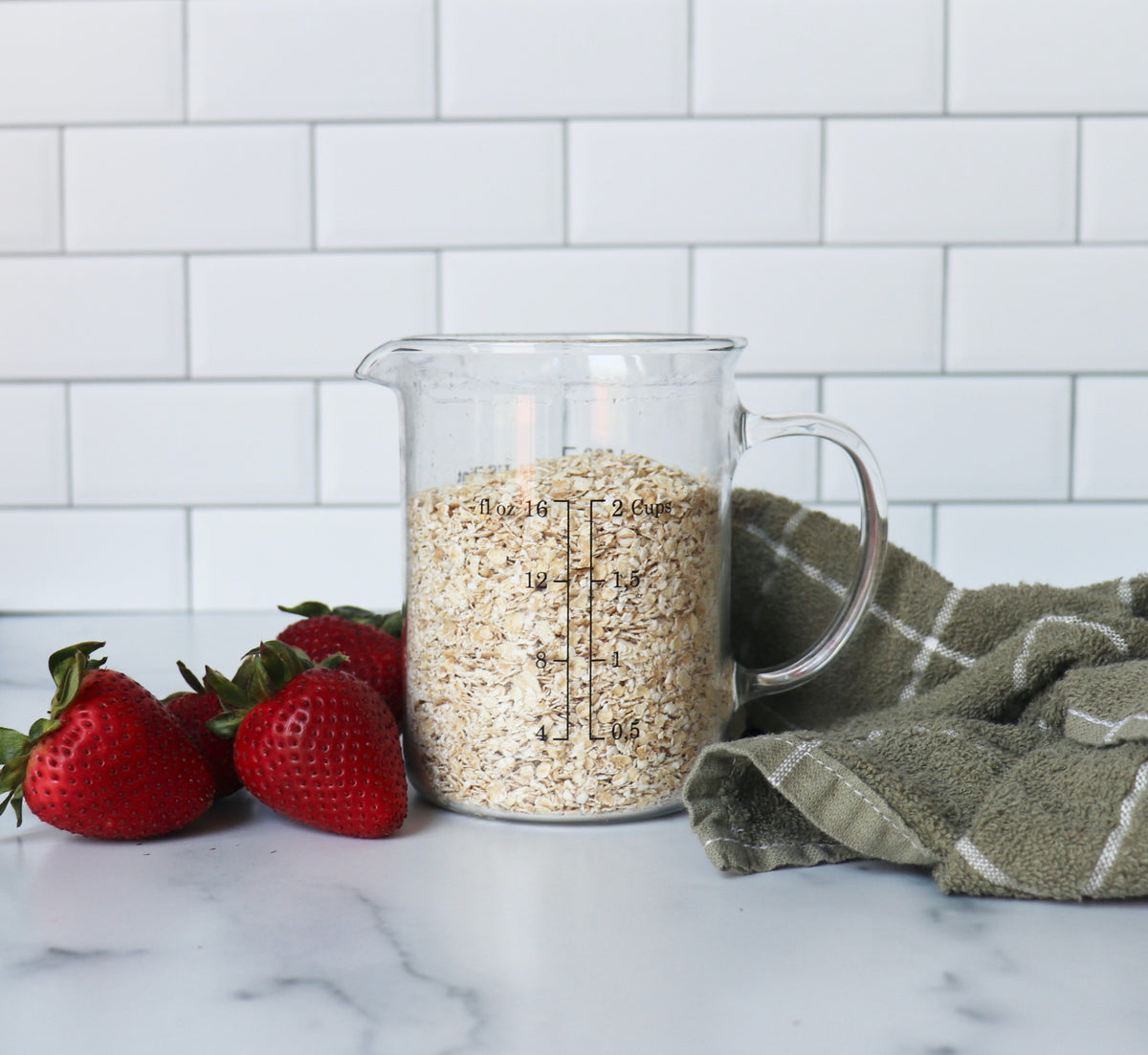Eating Oatmeal After a Workout

Science approves of the post-workout meal. It is, in fact, part of what’s called nutrient timing, described in the Men’s Journal article as the process of feeding your body with “the right nutrients in the right amounts at the right time.” After exercising happens to be one of those right times for some nutrient intake, as eating post-workout helps maximize all your hard work and gains from your just-completed routine while preparing you for your next session at the same time.
Of course, what you eat after exercising matters just as much, as eating unhealthy will all but undo whatever gains you’ve made while working out. First and foremost, you’d want to eat food with plenty of protein. A guide on https://www.healthline.com/nutrition/eat-after-workout details how consuming adequate amounts of protein (20−40 grams, ideally) gives your body the amino acids it needs to repair broken down muscles and build them thereafter.
You’ll also need to eat food with some carbs, as they help replenish all the energy — in the form of glycogen stores — that you expended while exercising. This is where oatmeal comes in, as oats are carbs-dense and quite nutritious to boot. Consequently, eating oatmeal means you'll replenish your glycogen stores in no time, all while taking in a host of nutrients that’ll contribute to keeping you fit and healthy.
Among the nutrients contained in oatmeal, as listed on https://www.medicalnewstoday.com/articles/322692 are magnesium (a natural anti-inflammatory), iron (for healthier blood), phosphorus (for tissue repair and growth), zinc (for improved metabolism), and B vitamins (for better brain functioning). Oatmeal is also high on fiber, which is vital in good digestion, and has been shown to help in lowering cholesterol, in controlling blood sugar levels, and in maintaining a healthy weight.
Oatmeal, not to mention, contains good-for-the-gut probiotics, whose role in promoting better health was discussed previously on https://www.earnesteats.com/blogs/news/how-probiotics-can-help-boost-mental-health. Adding hot water to oatmeal activates its probiotics, which can then help in absorbing dietary fat, in regulating your weight, and even in boosting your mental health.
And for all those benefits, you'd be pleasantly surprised at how easy it is to whip up an oatmeal treat. After all, the last thing you’d want after a hard workout is to expend your waning energy preparing a complicated recovery meal. This is yet another reason why oatmeal is a great post-workout treat.
Oatmeal is so easy to prepare, in fact, that you can even cook it using only a modern rice cooker, described on https://www.weknowrice.com/cuckoo/best-cuckoo-rice-cooker/ as being highly advanced and extremely versatile. As such, it can cook rice flawlessly all the time, along with a slew of other meals including tasty variations of the oatmeal, like rice cooker steel-cut oats recommended on https://cooking.nytimes.com/recipes/1019528-rice-cooker-steel-cut-oats,
In this simple recipe, you just have to put into your rice cooker some oats, along with a pinch of kosher salt and 3−4 cups of water. Next, turn on the rice cooker and cook your oats as you would when cooking rice. While waiting for the oatmeal to be cooked, you can use that free time to get some well-deserved rest. Then, once done, you can add sautéed or roasted vegetables, roasted nuts, some fresh greens or herbs, or even avocado. In this way, you'll be leveling up an already healthy post-workout meal into something even healthier — one that will help ensure maximum recovery and gains.
Written by Cynthia Green for earnesteats.com


